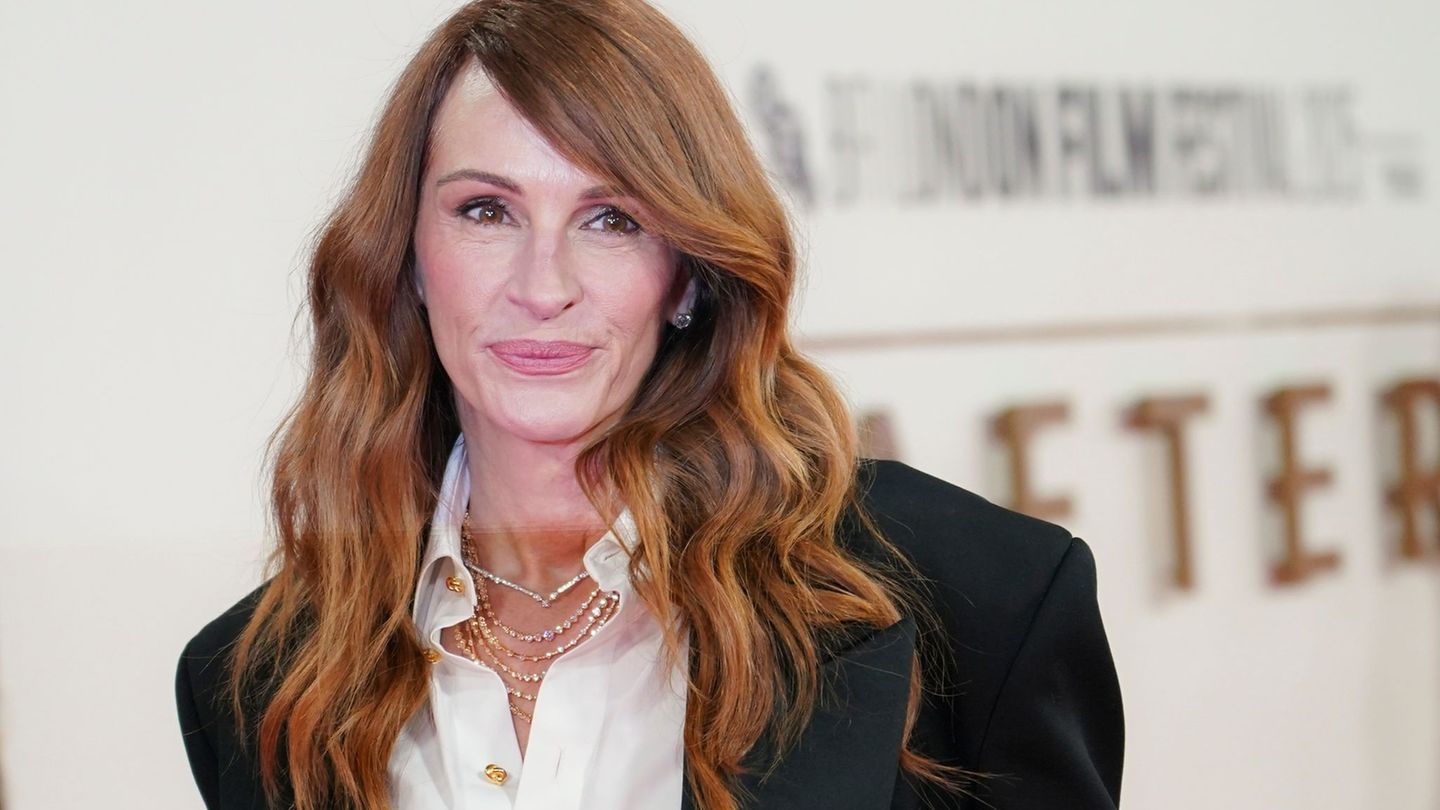SLAP. What else can I eat? This is a burning question for many consumers. Consumers in particular are given the impression that they can control food producers with their purchasing decisions. Depending on the size, a supermarket offers thousands of different products and countless brands. Consumers are spoiled for choice when shopping for groceries. The deciding factor when choosing a product is often the price. The appreciation for food often falls by the wayside.
We always hear about how harmful, how expensive and how polluting certain foods are. Beef, for example, is consistently high on the list of causes of climate change. However, not every animal husbandry or every form of management has the same influence on the climate, and therefore each individual has a certain degree of control over the decision themselves – with every purchase on the shelf, the consumer indirectly passes on a production order, be it in terms of animal welfare, Sustainability or resource conservation. The next organic talk at the Schlägl Organic School on December 1st will be dedicated to the topic “What else can I eat?” Stefan Hörtenhuber is a scientist at BOKU with a lot of practical experience and a recognized expert in cattle farming and climate in Austria. He will share with farmers and all interested parties his findings from the study “Does livestock farming exacerbate climate change less than expected?” present. Arguments as to why cattle farming in grassland areas such as the Mühlviertel makes sense should motivate and value farmers in their work and offer consumers incentives to shop consciously. The type of production as well as the avoidance of chemical-synthetic agents and species-appropriate husbandry also have an impact on the quality of the food.
Experienced speakers
With an appreciation for animals and a love of food, Werner Hagmüller, for example, produces his “Biosciutto” and other quality products from meadow pigs. The organic farmer, veterinarian, consultant and speaker draws on his many years of experience in developing species-appropriate husbandry for organic pigs. He also comes to Schlägl for the bio talk.
This event is recognized as one hour of further training for participating animal owners within the meaning of Section 11 of the TGD Ordinance 2009.
Schlägler Biotalk: “What else can I eat? Food – essential to life instead of life-threatening”, on December 1st, 9 a.m. to 1 p.m. Registration required at info@bioschule.at or by phone 0732 7720-34100
My themes
For your saved topics were
new articles found.

info By clicking on the icon you can add the keyword to your topics.
info
By clicking on the icon you open your “my topics” page. They have of 15 keywords saved and would have to remove keywords.
info By clicking on the icon you can remove the keyword from your topics.
Add the topic to your topics.
Source: Nachrichten




